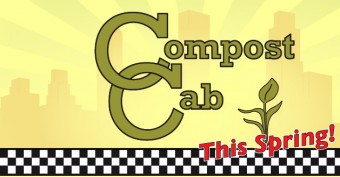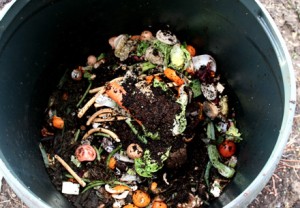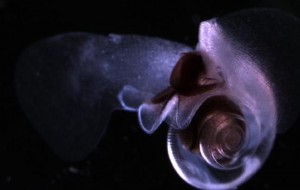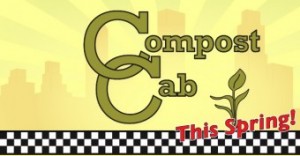
30 Nov EARTH MATTERS: COMPOSTING FOR CHANGE
Sometimes there are too many things to write about. This week’s happenings are a case in point.
The COP18 Doha Climate Change Conference is happening in Qatar of all places, a corner of the globe that is completely dependent upon fossil fuels, economically and for conference hosting itself – air conditioning, lighting, ad nauseum. Expectations are low, even as reports are coming out that climate change may be happening faster even than current models predict due to methane releases from melting ice.
Excess carbon is also harming our ocean. In places like Washington state, oyster growers have noticed the effects of growing ocean acidification for a number of years already and the state is working to confront the issue. Tackling ocean acidification is going to be critical sooner rather than later, though a paper has come out showing that ocean acidification is already affecting a key component of the food chain in the Southern Ocean: small sea snails (also known as sea butterflies) are suffering serious shell damage. Not only are sea butterflies an important food source for fish, birds, and marine mammals, they are also an important part of the carbon cycle, taking up carbon by forming shells of calcium carbonate.
Clearly, we need to change our behavior, as my co-columnist, Billy Mason, wrote last week in his article about moving forward post-election. And we need to move forward in ways both big and small.
Big ways include large-scale government actions – an agreement with real teeth out of Doha would be an important step – as well as initiatives at the local level, such as New York City’s climate change plan, coordinated through organizations like the U.S. Conference of Mayors.
Small actions and clever ideas is what spurred me to write this morning: specifically composting in an urban setting. I go through a lot of fruit and vegetables and much of the waste I generate is perfect for composting, but my living situation makes composting difficult: Where do I do it? And what would I do with the soil I created, anyhow?
Jeremy Brosowsky came up with an answer.
Nearly two years ago, Brosowky founded Compost Cab to provide a composting service for people who don’t have the time or space to compost themselves. For a fee, Compost Cab picks up your compostable waste weekly and takes it to farms to compost and use. (The guy also delivers soil back to any longer term members who want it).
If you don’t generate enough to make a weekly pick-up worthwhile, you can also drop off your waste at certain farmers’ markets every week.
Compost provides a number of environmental benefits. For instance, instead of just generating landfill trash – which in turn releases methane, a powerful greenhouse gas – you create fertile soil that helps farmers grow more crops. Brosowsky labels the process “farm-to-table-to-farm.”
We are talking about a small step, but one that is happening now. And one that demonstrates how a little ingenuity is a door-opener, making it easier to change our overall behavior for the better.





Pingback:EARTH MATTERS: THINK GLOBALLY, PLANT LOCALLY | Telluride Inside… and Out
Posted at 18:16h, 15 March[…] you deliver compostable materials directly to them. See my earlier post on the Compost Cab in DC at https://www.tellurideinside.com/2012/11/earth-matters-composting-for-change.html. And you may have friends who compost. Also, by gardening organically, you are not transporting or […]